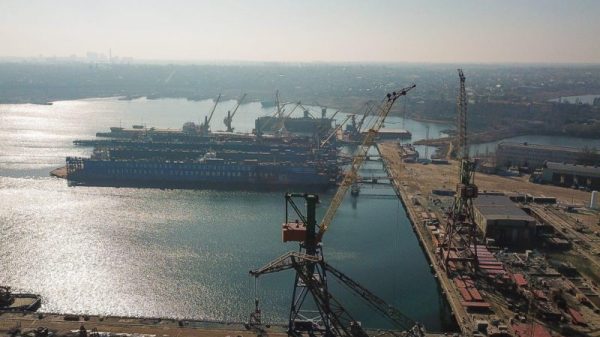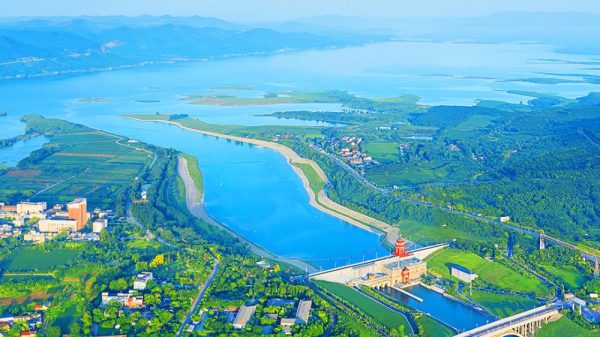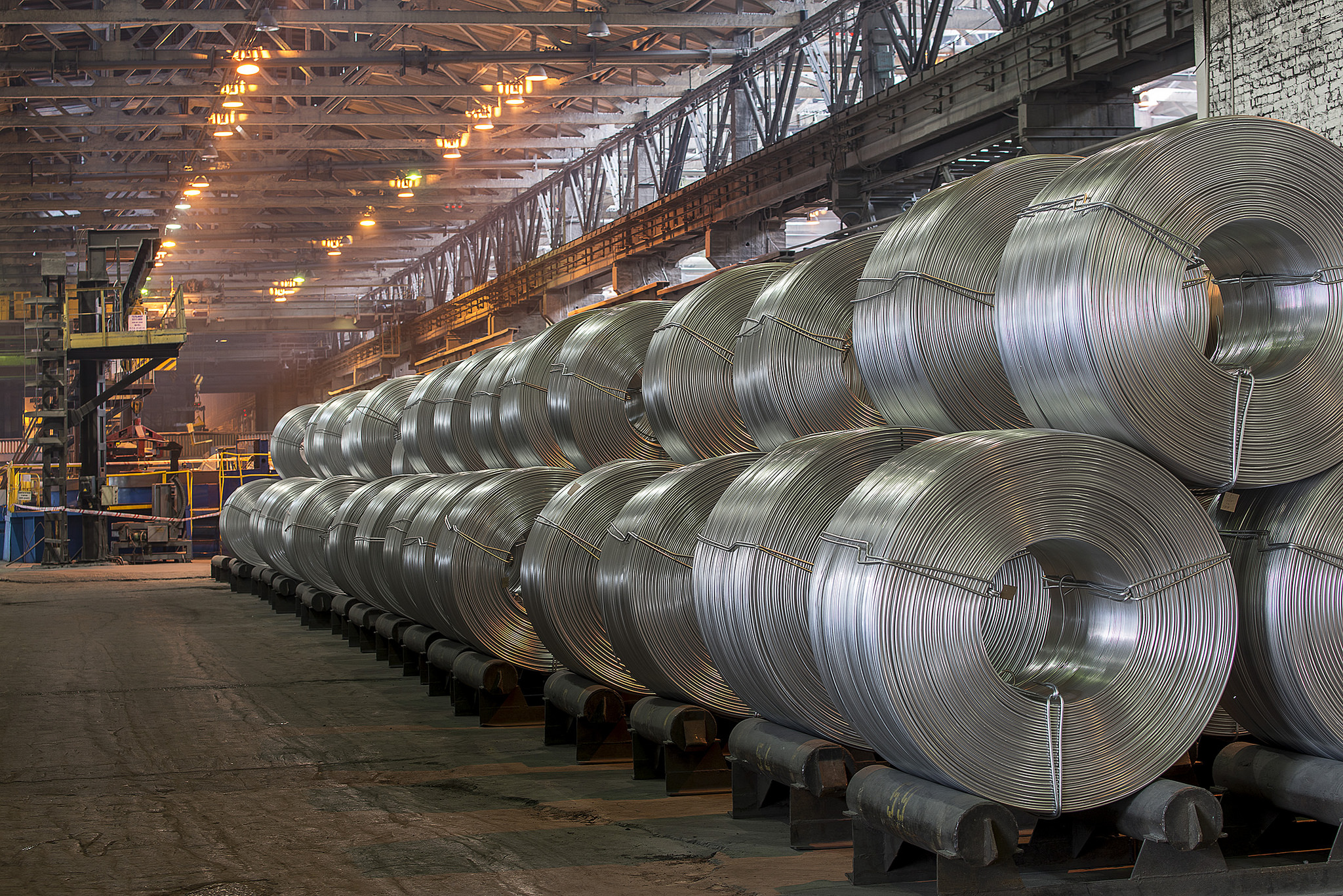As the European Commission this month finalizes its 12th sanctions package against Russia for its attack on Ukraine, several options appear to be on the table – from relatively unimpactful to potentially far-reaching. What is alarming is that the latter category may include entries that could not only hurt European importers and consumers rather than Russian exporters and producers, but also undermine EU’s green agenda, one of its hallmark policies.
According to market sources, one of the sanctions discussed by EU countries, alongside new restrictions against Russian military and IT, is a ban on Russian imports of aluminium wire rod, foil, and extrusions. While the move has not been officially approved yet and some EU member countries appear to be against it, the very fact that it is on the table for the first time since EU started sanctioning Russia’s economy in February 2022 signify both lack of new ideas and poor understanding that some restrictions can impact EU consumers as much as or even more that Russian exporters.
Aluminium wire rod is a case in point: it is widely used in various sectors, its key application is in cable production, making it invaluable for implementation of renewable projects (i.e., cables used to connect to the energy system) and thus contributing to reducing carbon footprint of European businesses. Russia remains EU’s biggest provider of aluminium wire rods: in 2022, over a third of EU’s aluminium wire rod imports, or almost 71,000 tons, were from the country, with Poland, Spain, and Italy its biggest importers.
Were the EU to succeed with introducing import ban on Russia-made aluminium wire rod, this would lead to a significant hike in prices across the industry. This will further contribute to a decline in competitiveness of European producers compared to their competitors in Asia, the Middle East, and other regions.
The only beneficiaries of this questionable move will be producers from India and the Middle East who will be given a once-in-a-lifetime opportunity to demand a significant premium for their product: given their high processing costs, EU producers will not be able to fill the gap.
It is also important to note that Russia-produced aluminium wire rod is among the most ecologically-sound in the world, especially compared to its non-Western competitors. Harbor Aluminum estimates that the carbon footprint of Russian-origin wire rod is between 30 and 70 percent lower than for other major non-European origins. Given the European Green Deal and the “green transition” and the ever-stringent ecological norms it entails, this means that by potentially removing Russian aluminium products from the market, EU may be shooting itself in the foot by ultimately raising, instead of lowering, the carbon footprint across the value chain.
Earlier this year there were calls from EU sanctions experts and politicians alike to impose ban on Russian primary aluminium as an important source of the country’s export revenue. In a joint letter to London Metal Exchange on July 28, the move was rightfully opposed by five European business associations, including the Federation of Aluminium Consumers in Europe, who called it an “oligopolistic attempt to turn Europe into a captive market” that undermines EU’s own industrial and raw materials policies. That wider plan to ban Russian aluminium was shelved then and it will be wise for EU policymakers to do the same with the idea to introduce restriction on imports of products such as wire rod as such a move can have a devastating effect on the continent’s industry.



















